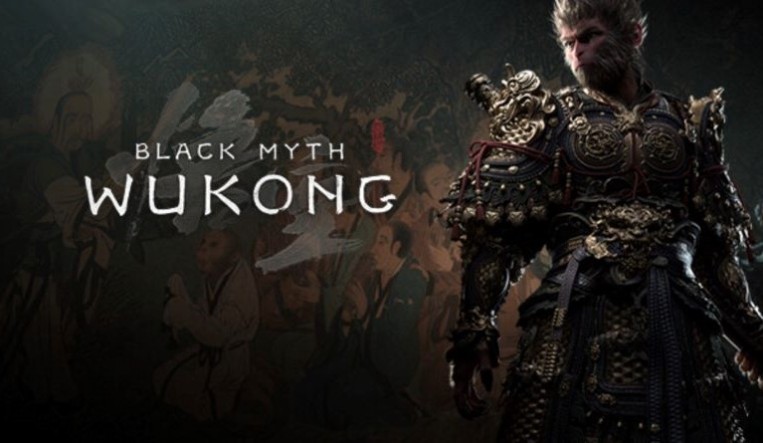Tencent Holdings-backed role-playing game Black Myth: Wukong has made a splash, surpassing the popularity of games like Elden Ring and Cyberpunk 2077 according to Steam tracking on its debut. The game, developed by Game Science and inspired by the classic 16th-century Chinese novel Journey to the West, features the mythological Sun Wukong – the Monkey King who battles enemies with his staff.
Since its release on August 20, 2024, Black Myth: Wukong topped Steam’s most-played games chart, with over 2.35 million active players as of today. Its success is credited to its engaging story, rich in Chinese mythology, and its impressive graphics and gameplay, throwing Chinese players down their childhood memory lane and attracting others to Chinese culture.
As China’s first true AAA game – a term used to classify video games produced or distributed by major publishers, characterized by higher development and marketing budgets compared to other tiers of games – Black Myth: Wukong represents a major breakthrough for the Chinese gaming industry.
Journey to the West is one of China’s four classic novels, along with Dream of the Red Chamber, Romance of the Three Kingdoms and Water Margin. Since the author, Cheng’en Wu, passed away in 1582, the work has long been in the public domain, allowing the story and its characters to be freely used and adapted.
China advocates for the cultural value of the four classic novels of Chinese literature. While these literary works are recognized as significant cultural assets, they are not officially listed as part of China’s intangible cultural heritage. They can be subject to different interpretations and artistic expressions, but this does not justify arbitrary adaptations that distort their essence.
In 2009, Guan Min, a National People’s Congress representative, proposed that the four classic novels should be included in intangible cultural heritage protection to prevent such distortions. Despite this, the works are primarily acknowledged for their cultural and literary importance rather than being formally protected as intangible heritage.
The game draws inspiration from real locations in China. Recently, Shanxi Province’s Culture and Tourism Department released a series of promotional videos for Black Myth: Wukong, highlighting various real-life filming locations featured in the game. These include cultural landmarks such as Xiaoxitian Temple, Yu Huang Temple and Tiefo Temple.
“Every day recently, we have been receiving requests from netizens. They are asking us to provide Black Myth: Wukong-themed tour routes, guides [and] gameplay strategies, and they are also hoping to acquire related merchandise. We have heard everyone’s requests and are currently preparing such activities,” said a Culture and Tourism Department representative.
- Cathy Li







